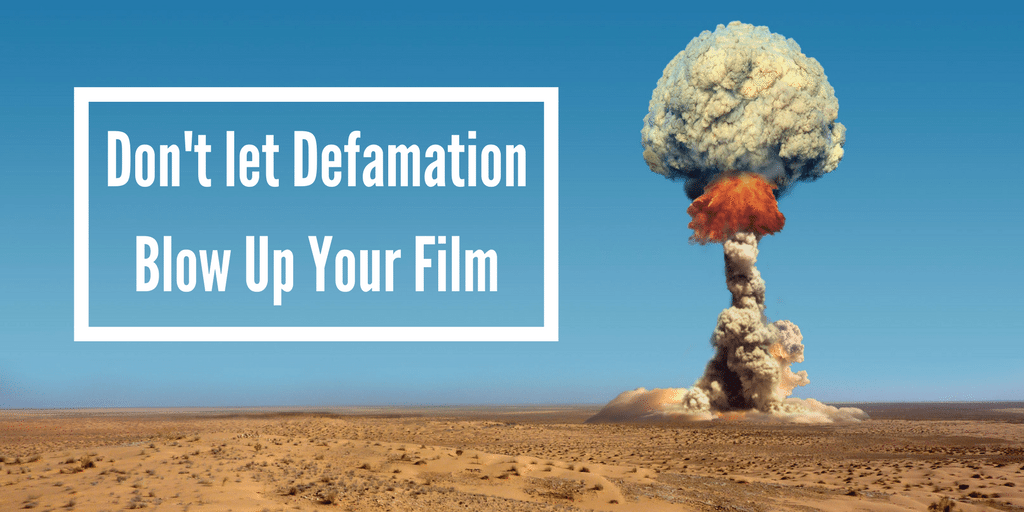
Defamation Hurts: Hurt Locker’s Legal Battle
Defamation—real or perceived—hurts. Defamation can stunt your film, eat your revenue, and damage individuals.
Unlike other legal entanglements, such as trademark violations, defamation is particularly destructive because it involves people’s lives and reputations. As a filmmaker, it’s something you want to avoid.
In this article, we’ll examine the legal controversy surrounding Hurt Locker. The subsequent lawsuit offers excellent insight into the dangers of defamation.
Hurt Locker’s Controversy
Hurt Locker won six Oscars. But for one individual, the film couldn’t have been worse—Sergeant Jeffrey S. Sarver.
According to the Los Angeles Times, Hurt Locker’s screenwriter had interviewed Sarver, who served in Iraq. As the article explains, Sarver saw a film rooted in his personal life and filed a lawsuit, claiming defamation and other charges.
In the words of the most recent court decision, Sarver felt Hurt Locker defamed him because “it portrayed him as a bad father, bereft of compassion, fascinated with war and death, and disobedient.”
Defamation Destroys Your Film and Its Revenue
If an individual—especially one with deep pockets—thinks your film has besmirched his or her name, you’re in trouble. Defamation accusations can cause your film to suffer deep losses early.
When it should be grossing revenue, your film will only be paying for court fees and defamation damages. And instead of focusing your efforts on promoting your film, you’ll be sidetracked with the legal battle.
Even if you have E & O Insurance, you’ve still thrust your film into a spotlight you’d rather avoid. Defamation destroys your film by destroying its revenue.
Defamation Destroys the Individual
Defamation also destroys the person involved. To stray from fictional creations is to step into the real world of individuals—individuals who must live in a world that will judge them by the impression your film created.
Whether Hurt Locker actually portrayed the experiences of Sergeant Jeffrey Sarver will perhaps never be known. But the film still provides a timely reminder of the dangers of treading too close to the life of a real person.
Questions to Consider
As you consider the material in your film, proactively consider now if you have the earmarks for a defamation lawsuit. Here are two important questions to ask:
- Do I know any individuals who would be angry if they saw this film? Ask this question with every person who worked on or appeared in your project. (For an example, check out this article on the defamation claims surrounding Borat.)
- What’s the inspiration for this film? Determine if your scriptwriter drew from his or her imagination or real-life circumstances. If the inspiration comes from reality, probe further. Requiring an annotation guide from your script writer will do wonders for covering these bases.
You can take steps right now to scrub your film of glaring defamation oversights with script clearance.
Script clearance doesn’t just help you remove defamatory references from your film. It will also help you obtain E & O Insurance. If your film goes to battle, you’ll have financial protection to mitigate your damage.
Secure script clearance and avoid costly and hurtful defamation.

